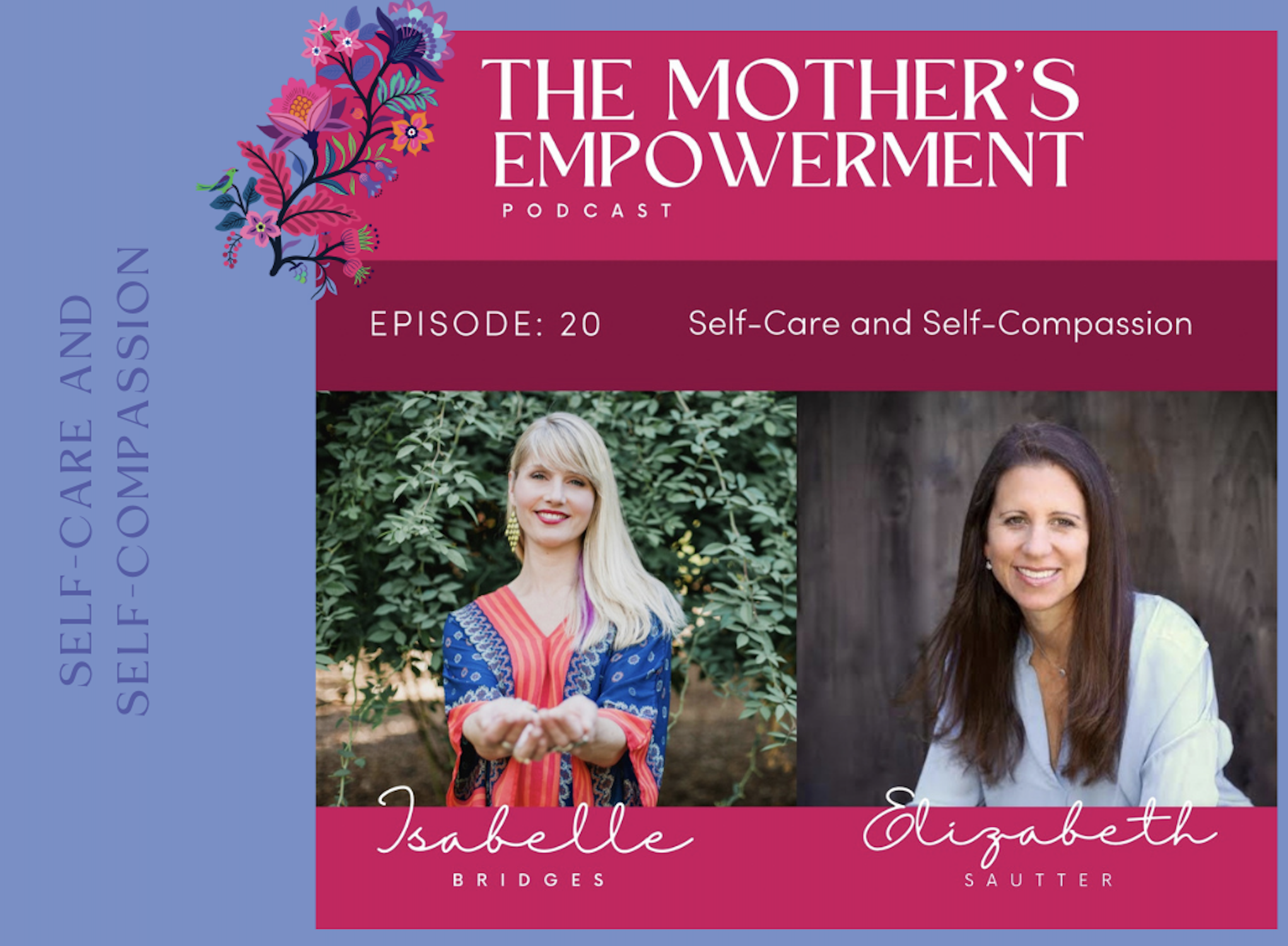Understanding the Connection Between Self-Care, Self-Compassion, and Emotional Regulation
Are you feeling overwhelmed, stressed, or anxious? It's easy to get caught up in the chaos of everyday life and forget about taking care of ourselves. But did you know that practicing self-care and self-compassion can actually improve your emotional regulation? In this Episode of the Mother’s Empowerment Podcast, we'll dive deep into the connection between these three important concepts and how they can help you feel more grounded and at peace with yourself. So grab a cup of tea, sit back, and let's explore the world of self-care, self-compassion, and emotional regulation together!
For more tips on self-care and self-compassion, read on…
Self-care is not selfish! In fact, it is one of the most important things you can do for yourself. It is a way to show yourself that you are worthy of your own time and attention.
Self-compassion is another important aspect of taking care of yourself. It is the act of being kind to yourself, even when you make mistakes. It is recognizing your own humanity and treating yourself with understanding and compassion.
Emotional regulation is the third key ingredient in taking care of yourself. This refers to your ability to manage your emotions in a healthy way. It includes Recognizing your emotions, Accepting them, and then Taking action in a constructive way.
When you take care of yourself physically, emotionally, and mentally, you are better able to show up for others in your life. You are also more likely to have healthier relationships and be more successful in all areas of your life.
Benefits of Practicing Self-Care
When it comes to self-care, there are many benefits to be gained. For one, practicing self-care can help to improve your physical health. This is because when you take care of yourself, you are more likely to eat healthy foods, exercise regularly, and get enough sleep. Furthermore, self-care can also help to improve your mental health. This is because when you practice self-care, you are likely to feel more relaxed and less stressed. Additionally, self-care can also help to improve your emotional health. This is because when you take care of yourself, you are more likely to feel happier and more emotionally stable. Self-care can also help to improve your relationships. This is because when you practice self-care, you are more likely to be able to relate better to others and build healthier relationships. This is one of the things we focus on in The Mother's Empowerment Sisterhood.
How to Incorporate Self-Compassion into Your Life
Self-compassion is a powerful tool that can help us to cope with difficult emotions and situations. When we are self-compassionate, we treat ourselves with the same kindness, care, and understanding that we would offer to a good friend.
Here are some ways that you can incorporate self-compassion into your life:
1. Be mindful of your self-talk. How do you speak to yourself when you make a mistake or have a difficult experience? Would you say the same things to a friend? If not, try to be more gentle and understanding with yourself.
2. Give yourself permission to feel whatever you are feeling. We often try to push away our negative emotions, but they are part of being human. Instead of judging or berating yourself for feeling sad, angry, or scared, simply acknowledge that these feelings are present and give yourself permission to experience them.
3. Offer yourself compassion and understanding. When you make a mistake, instead of beating yourself up, try to see it from a compassionate perspective. What might have led you to act in that way? What can you learn from the experience? How can you forgive yourself and move on?
4. Don’t be so hard on yourself. We all have imperfections and no one is perfect. Remembering this can help us to cut ourselves some slack and be more forgiving when we make mistakes or fall short of our goals.
5. Take care
Developing Healthy Emotional Regulation Strategies for Moms and Kids
It's no secret that momming can be tough. Not only are you responsible for taking care of another human being, but you also have to deal with the stress and anxiety that come with raising a child. It's important to find healthy ways to cope with these emotions, so that you can be the best parent possible.
It's also important to develop healthy emotional regulation strategies. This means learning how to manage your emotions in a healthy way. There are a few different techniques you can try, such as deep breathing or mindfulness meditation. By finding what works for you, you can become more emotionally stable and better equipped to deal with parenting stressors.
If you're struggling with your emotional health, don't hesitate to reach out for help. There are many resources available, such as therapy or support groups. You don't have to go through this journey alone.
Self-care, self-compassion, and emotional regulation are all closely connected. By taking the time to care for yourself in a mindful and compassionate way, you can help to regulate your emotions more effectively and develop healthier coping skills for dealing with difficult situations. Taking part in activities that nurture both your physical and mental health is an important step towards achieving a balanced life, as it helps to fill up your emotional cup so that you have the energy to give back to those around you. Check out this episode of the Mother’s Empowerment Podcast for more tips.


